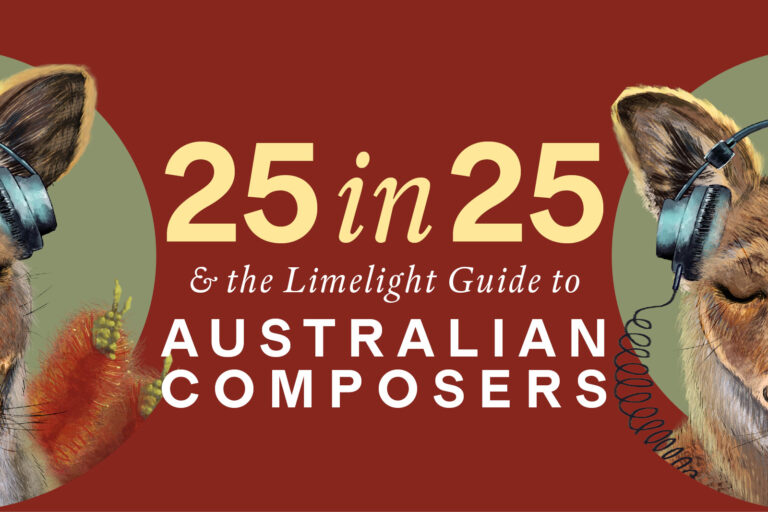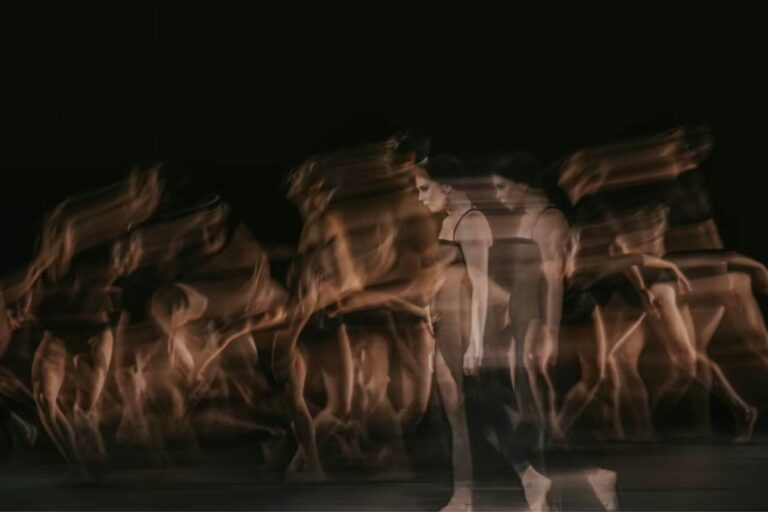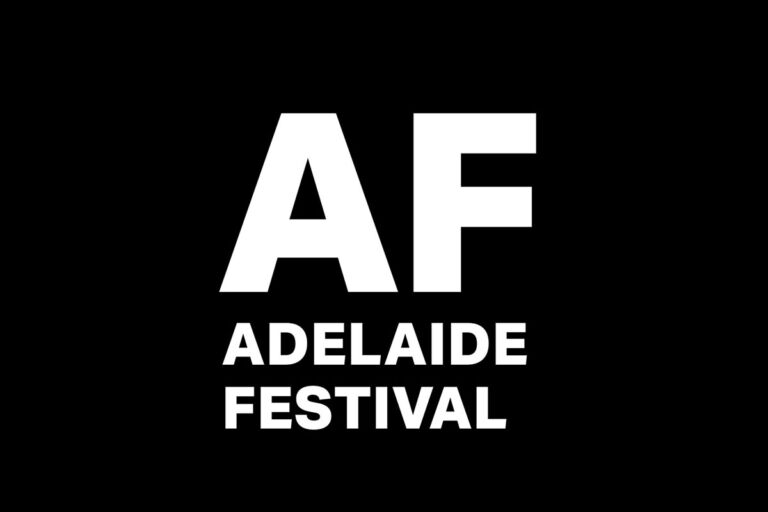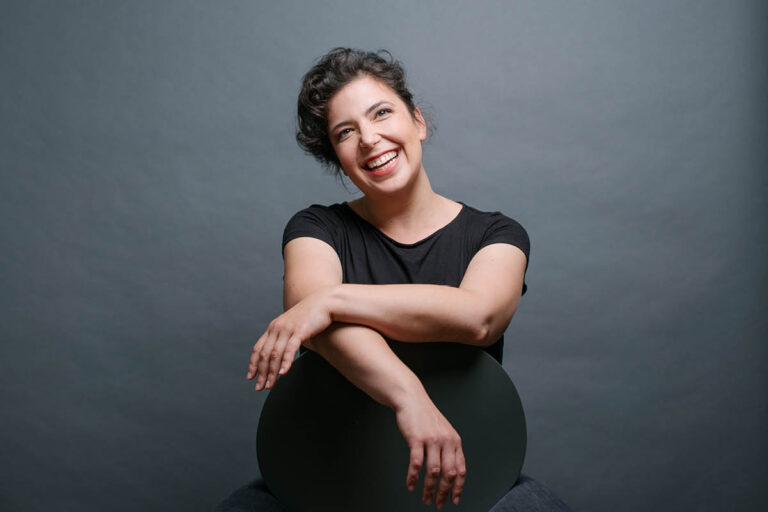Panamanian jazz pianist and composer Danilo Pérez prefaces the start of his concert in Melbourne by telling the audience that this is an unusual performance for him.
“I don’t usually perform solo,” he explains.
True enough — for the last 25 years he has been best known for his contributions to the bands of such jazz luminaries as Dizzy Gillespie, Wayne Shorter and Wynton Marsalis, or for leading his own trio with the formidable duo of bassist John Patitucci and drummer Brian Blade.
The Grammy-winning Pérez, one of the headline acts at this week’s Melbourne International Jazz Festival, is performing at the Melbourne Recital Centre’s Elisabeth Murdoch Hall.

Danilo Pérez performs at the Melbourne International Jazz Festival. Photo © Duncographic
He quickly warms to the opportunity to showcase some of his own compositions and to take his improvisations wherever his inclinations might lead him, for as long as he chooses. For the audience, this is a rare chance to catch the uninhibited playing of a virtuoso jazz pianist free from the necessary interactions of a group setting. What a treat it is, as...
Continue reading
Get unlimited digital access from $4 per month
Already a subscriber?
Log in










Comments
Log in to start the conversation.